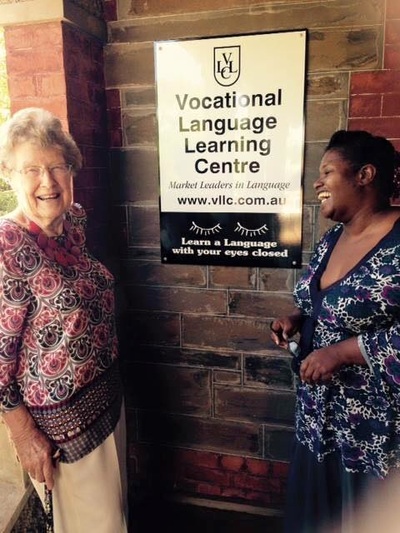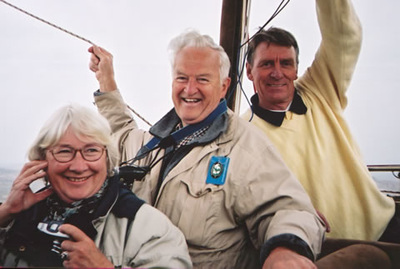- Relaxation physically. Learners must be relaxed and physically ready to learn – so you need to feel that you are in a safe and comfortable place with no physical issues interfering with your learning. How can you learn anything when your stomach is growling!! eat before your lesson!
- Relaxation mentally. Learners must be psychologically ready to learn – we all know that stress can cause barriers to learning so you need to be in a positive emotional state before your lesson. By being in the right stage of mind you will be able to engage in the learning activities with your teacher and be ready to learn. If you’ve had a big day, try some deep breathing before the lesson – this will help.
- Motivation/Visualisation. Learners must have an overall picture of what they are learning and why. You need to have an idea of what your learning plan is and how this fits in with your broader picture. Try visualising your short and long term goal just before the lesson.
- Positive Expectation. Both the teacher and learner should have a positive expectation of a successful outcome to the lesson. How can you learn anything if you think you can’t!!
- Variety of teaching techniques. Teachers should use appropriate techniques with learners – these can include linking new material with what you already know; allowing you to demonstrate what you know; take into account your preferred learning styles; and use a combination of speaking, listening, reading and writing in the lesson. You are an individual and the way you learn is individual!!
Jo Ammerlaan










 RSS Feed
RSS Feed

